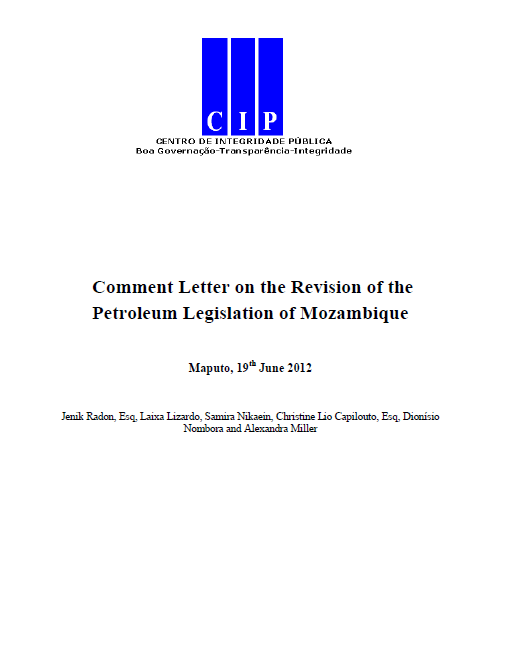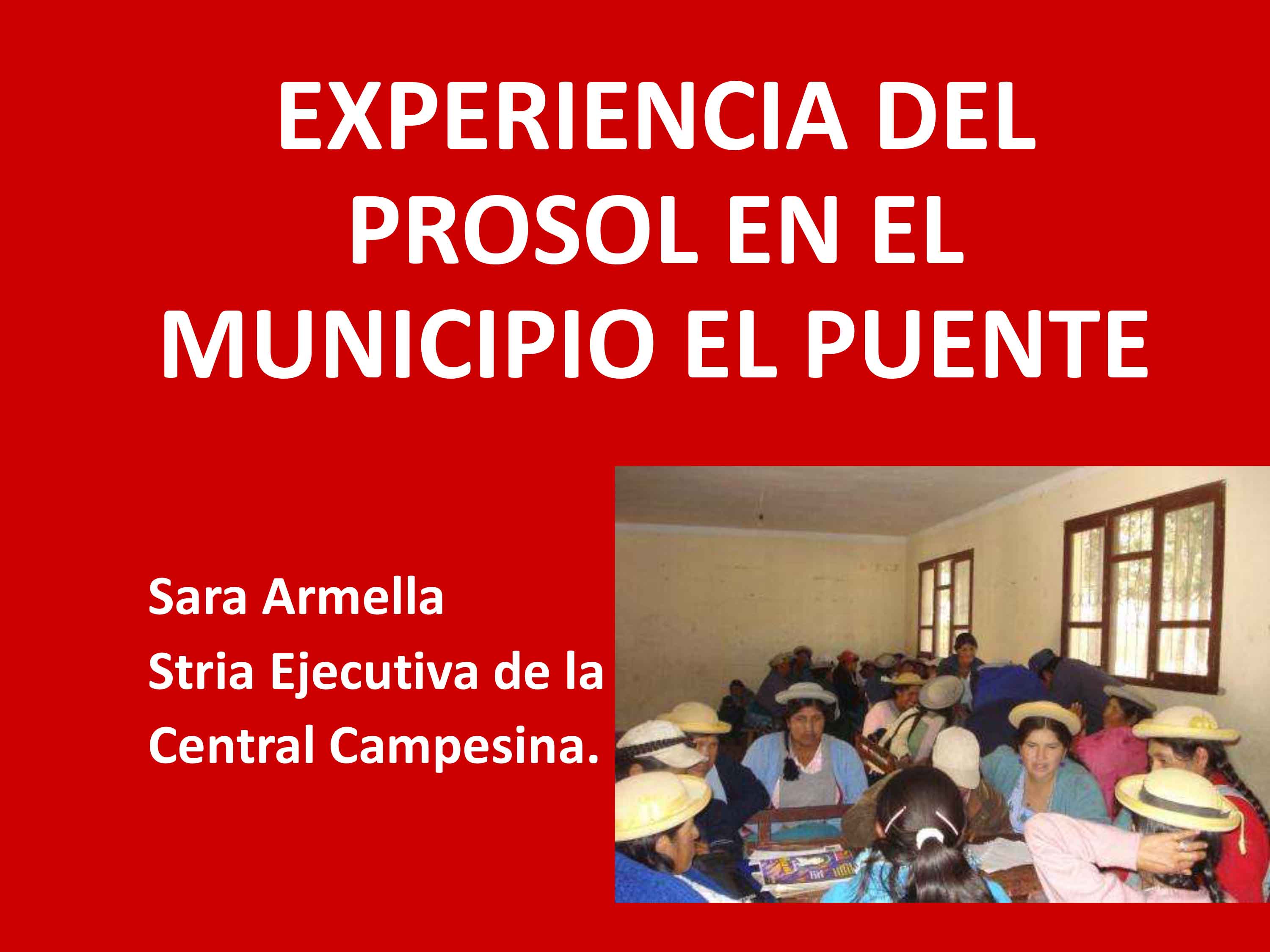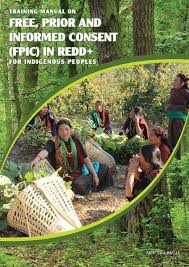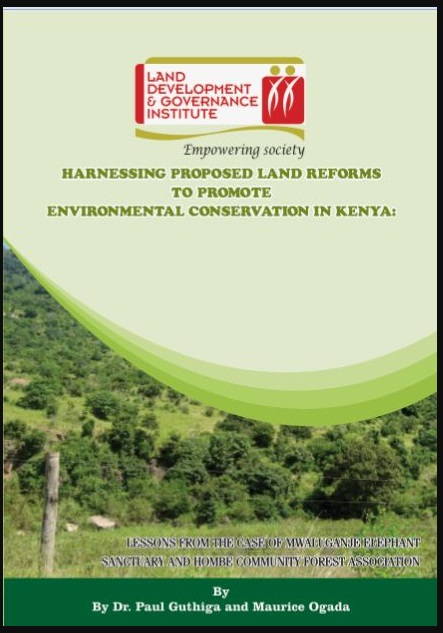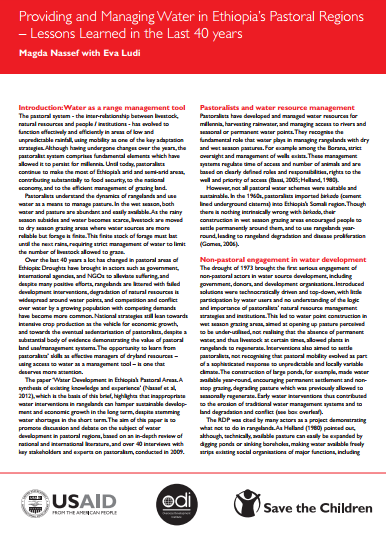Fisheries and Aquaculture Sector Study : Final Report, Fisheries and Aquaculture Sector Study
The fisheries and aquaculture sectors are significant contributors to the economy of Vietnam. Direct production value (at the farm gate or on the wharf) in 2003 was approximately $1.7 billion. Both sectors have expanded rapidly over the past decade, with marine fisheries production rising from 800,000 to 1.5 million tons over the period 1990 to 2003. Aquaculture production has increased rapidly to around one million tons, while inland fisheries contribute in excess of 200,000 tons.


